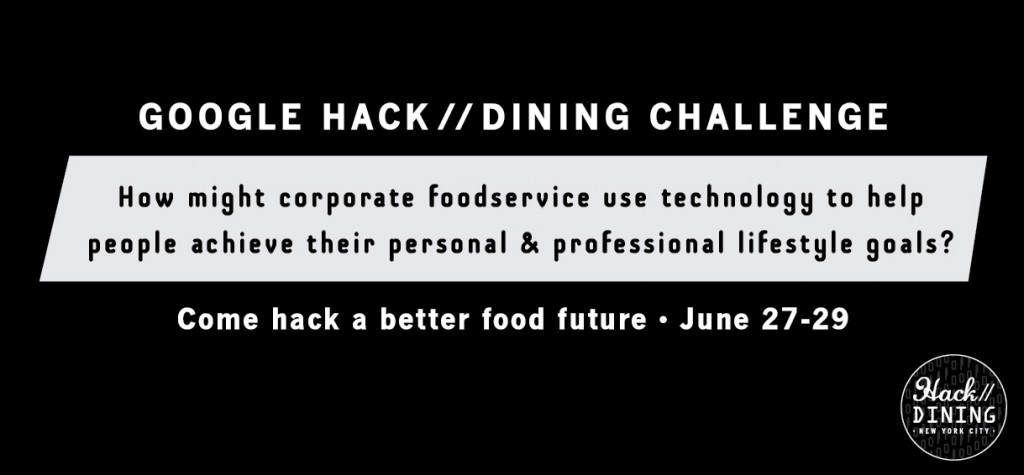From June 27-29, Food+Tech Connect, in partnership with Applegate, Google, Chipotle, Batali & Bastianich Hospitality Group and Studio Industries, is bringing restaurant, foodservice, tech and design rabble-rousers together to prototype open-source software and hardware solutions to industry-wide challenges at Hack//Dining NYC.
Today, we’re excited to announce the corporate wellness challenge presented by Google. Check out the challenge brief below for a deep dive into the issues and to learn about the API partners who will help hackers tackle the challenge.
Interested in tackling this challenge? Don’t miss our recorded Google hangout (video embeded below) in which Michiel Bakker, Google’s director of global food services, explores the challenge further and answers questions from Hack//Dining hackers.
Please share questions, comments and suggestions for relevant datasets in the comments. Are you a developer, designer or data geek interested in connected devices, nutritional data and behavior change? Snag your spot today.
Interested in having your API featured at Hack//Dining NYC? Email danielle [at] foodtechconnect [dot] com to learn about API partnership opportunities.
The Challenge
How might corporate foodservice use technology to help people make food and behavior choices that allow them to achieve their personal and professional lifestyle goals?
About This Challenge
People who are active and eat high quality, nutritious food tend to be healthier, happier and more productive employees and citizens. Most Americans, however, feel too tired, time constrained or overwhelmed to make the best choices for themselves. But there is hope. As more and more people find themselves eating 1-2 meals per weekday at work, corporate foodservice has a captive audience and a huge opportunity to influence people’s food literacy, habits and overall well-being.
This challenge is focused on how corporate foodservice providers can use technology to help people make more purposeful food and behavior choices, so they can achieve their personal and professional lifestyle goals.
Key Definitions
Food Literacy: The ability to understand the story of one’s food, from farm to table and back to the soil; the knowledge and will to make informed choices that support one’s health, community and the environment.
Lifestyle Goals: Individual lifestyle goals are complex, varied and entirely dictated by the individual. These aspirations may include shifting one’s lifestyle to a specific point across a number of dimensions, including:
- Performance and Productivity
- Health and Wellbeing
- Environment and Community
What’s at Stake?
Empowering and enabling food literacy and purposeful behaviors can reap myriad benefits at the individual, community and environmental levels. Hacker solutions may impact our world in some of the following ways:
- Worker productivity and creativity is improved, enabling more effective organizations.
- Health and happiness are enhanced, both in and outside of the workplace.
- Food systems and communities can benefit from individuals understanding the impact their decisions have on these systems.
- Disease prevention and management is more successful with increased food literacy and purposeful behavior.
- Weight and fitness for individuals can improve greatly, benefitting the overall wellness of the individual.
- Health Care costs can be avoided or reduced as a result of more purposeful food choices and behaviors.
Challenge Outcomes
Successful hacks should focus on designing systems that:
- Help people seamlessly define and create a plan for achieving personal and professional lifestyle goals. The aim should be to make this as easy and frictionless as possible.
- Empower people to make food choices that are inline with those goals through information, education and planning tools.
- Help people realize their aspirations by tracking and measuring progress towards personal and professional lifestyle goals.
Hacker Starting Points
Below are a number of provocations that are potential starting points to focus on as you explore and build solutions. By no means are these exhaustive, and we highly encourage you to find your own path and work on your own provocations.
- How might corporate foodservice increase food literacy?
- How might corporate foodservice incentivize good food choices in and out of the workplace?
- How might corporate foodservice use technology to drive purposeful behaviors that help an employee reach his/her personal and professional lifestyle goals?
- How might corporate foodservice use technology to drive purposeful behaviors that help an employee reach his/her personal and professional lifestyle goals?
- How might corporate foodservice get people to be more active?
- How might corporate foodservice tie healthcare costs/incentives into the workplace eating experience?
- How might corporate foodservice make people aware of long-term implications of short-term choices?
- How might corporate foodservice deliver food, health, and wellness information more clearly and accurately to drive holistic lifestyle changes?
- How might corporate foodservice empower people to make sustainable behavior changes after life events?
- How might corporate foodservice lower health care expenses act as a motivator for increased food literacy and better food decisions?
Challenge Insights
The following are additional insights for four key components related to helping people achieve their lifestyle goals through food. These are areas where we believe corporate foodservice can have an impact.
Food Literacy: The ability to understand the story of one’s food, from farm to table and back to the soil; the knowledge and will to make informed choices that support one’s health, community and the environment (adapted from nourishlife.org’s food literacy definition).
Ecosystems Awareness: Understanding the journey of our food from farm to table and back to the earth, as well as how our food choices influence this ecosystem.
Understanding of Causal Relationships: Understanding the relationships between our food choices and our health, environment, community, happiness, well being and quality of life.
- Highly food literate people are better equipped to make food choices with intention. They can discern good and bad choices and understand food’s impact on a personal and societal level.
- People need to better understand the short and long term costs and benefits that their food decisions have on their health and wellness. This applies to the types and quantities of foods people consume.
- The biggest categories of short/long term health & wellness considerations include: weight, performance, disease management and prevention and diabetes.
- A big component of food literacy is understanding the preventative wellness value that food can have on one’s health, and as a result on their health care spending.
Better Food, Health, and Wellness Information: People need better ways to navigate and understand the deluge of food, health and wellness information available to them.
- Food information is comprised of many data points, including ingredients, sourcing, nutritional value and supplier. The availability, accuracy and clarity of this data varies greatly, which can be problematic for people.
- People need comprehensive food, health and wellness information that can help drive holistic behaviors in one’s lifestyle., e.g., complete meal plans, sleep regimens, exercise plans, mental health. Information that is too narrowly focused on one of these areas, however, often fails to have real impact on a persons’ lifestyle.
- People are confused and overwhelmed by frequently conflicting food and wellness data. It is also difficult for them to weigh the validity of an influencer’s authority and their agenda (political, commercial, etc.).
- Cooking knowledge is a particularly effective driver of positive health and wellness outcomes. It is a highly tangible way to translate food literacy into health and wellness outcomes and bridge knowledge with action.
Managing Behavior Change: Food literate people are more well equipped to find ways to ensure their food, health and wellness habits are practiced consistently and holistically.
- One of the biggest hurdles in empowering people to reach their lifestyle aspirations is making the behavioral change process seamless and sustainable.
- Behavior change is much easier to maintain if there is a community and social support structure in place.
- Related to social support structures, creating and maintaining feedback loops that allow consumers to calibrate behavior based on positive or negative outcomes is useful for maintaining behavior change.
- Regular exercise and activity heightens the awareness of how food affects physical and mental function. Healthy eating and physical activity form a virtuous cycle, where each activity strongly reinforces the other.
Health & Wellness Catalysts: Many triggers can influence people’s desire to become more food literate and healthy. Understanding the nature of these triggers will be useful in affecting change.
- Health and wellness behavior shifts typically occur with significant life events, such as having children, disease diagnosis of either oneself or a loved one, experiencing a traumatic moment in the emergency room, etc.
- Key influencers in people’s lives also help bring about behavior shifts. These people include: doctors, media, employers, health insurance providers, social conventions, etc.
- Life events and influencers can drive the desire for more food literacy. Increase food literacy, in turn, can be a catalyst for other positive lifestyle changes related to fitness, mental health, etc.
Featured API Partners
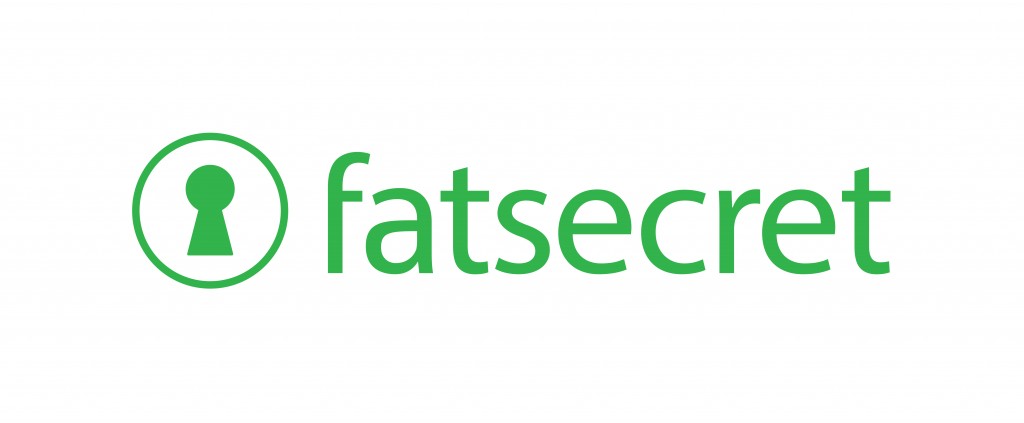 Fatsecret: FatSecret helps over 30 million members lose weight the healthy way. FatSecret is also the leading provider of food and nutrition data globally for integrated mobile devices, apps, wearables and services through the FatSecret Platform API.
Fatsecret: FatSecret helps over 30 million members lose weight the healthy way. FatSecret is also the leading provider of food and nutrition data globally for integrated mobile devices, apps, wearables and services through the FatSecret Platform API.
![]() Ingredient1: The Ingredient1 API currently hosts over 18,000 unique natural and organic ingredients, marked accordingly.Each one is also tagged for the top 14 most common allergens including dairy, gluten, peanuts, eggs, tree nuts, fish, shellfish, soy, wheat, barley, seeds, sesame seeds, coconut and stone fruit.
Ingredient1: The Ingredient1 API currently hosts over 18,000 unique natural and organic ingredients, marked accordingly.Each one is also tagged for the top 14 most common allergens including dairy, gluten, peanuts, eggs, tree nuts, fish, shellfish, soy, wheat, barley, seeds, sesame seeds, coconut and stone fruit.
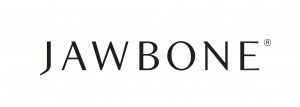 Jawbone UP: Jawbone’s goal is to build human-centered hardware and software to solve everyday problems for real people. UP’s goal is to give people the opportunity to live a healthier lifestyle by helping them understand more about themselves. The UP platform extends and complements the UP experience by letting users connect their UP with other services they use and love.
Jawbone UP: Jawbone’s goal is to build human-centered hardware and software to solve everyday problems for real people. UP’s goal is to give people the opportunity to live a healthier lifestyle by helping them understand more about themselves. The UP platform extends and complements the UP experience by letting users connect their UP with other services they use and love.
 Ordr.in: Ordr.in is an open platform for online food ordering. Our REST APIs and other developer tools provide complete structured menu data for over 13,000 restaurants across the U.S. and the ability to submit food orders for fulfillment. We’re Twilio for dining.
Ordr.in: Ordr.in is an open platform for online food ordering. Our REST APIs and other developer tools provide complete structured menu data for over 13,000 restaurants across the U.S. and the ability to submit food orders for fulfillment. We’re Twilio for dining.
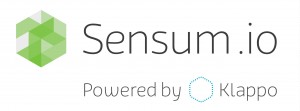 Sensum.io by Klappo: Sensum.io is the most effective commercial API for developers interested in creating food and recipe-based apps. Built using the Klappo’s semantic knowledge base, the most granular source of data on the market, Sensum.io provides accurate nutritional data for both packaged products and recipes.
Sensum.io by Klappo: Sensum.io is the most effective commercial API for developers interested in creating food and recipe-based apps. Built using the Klappo’s semantic knowledge base, the most granular source of data on the market, Sensum.io provides accurate nutritional data for both packaged products and recipes.
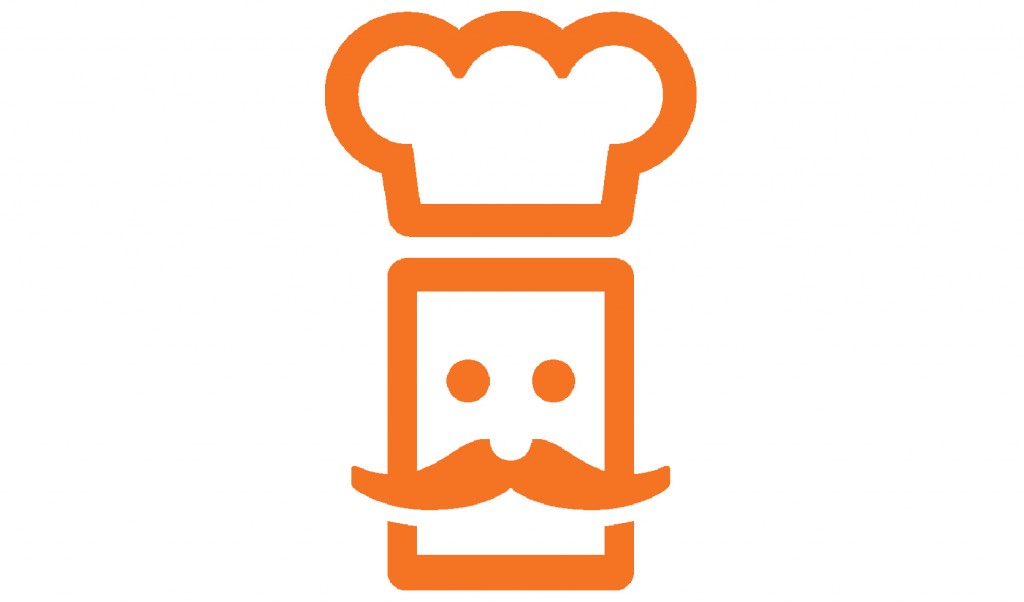 The Orange Chef Company (Prep Pad): At the Orange Company we are making the kitchen a place of confidence and discovery. We’re creating a smart ecosystem for the kitchen made up of quality products built with an emphasis on simple design, maintaining the craft of cooking, and using local and sustainable materials. We strive to give our customers the tools to understand and navigate their nutritional, culinary and spoon-licking lives.
The Orange Chef Company (Prep Pad): At the Orange Company we are making the kitchen a place of confidence and discovery. We’re creating a smart ecosystem for the kitchen made up of quality products built with an emphasis on simple design, maintaining the craft of cooking, and using local and sustainable materials. We strive to give our customers the tools to understand and navigate their nutritional, culinary and spoon-licking lives.

